MOUNTAIN PROVINCE, December 13, 2022 – As hog feeds continues to surge in the market, 13 indigenous Applai tribe beneficiaries of Swine Repopulation Program received a 3-day farm-based Swine Production and Management training in Agawa, Besao. This initiative is led by the Department of Agriculture – Special Area for Agricultural Development (DA-SAAD) Program, in partnership with the Office of the Municipal Agriculturist (OMAg) of Besao, Mountain Province.
The participants are select members of the Agawa Farmers and Fisherfolks Association (AFFA) since they already have prior experience on swine-raising.
The group houses a total of 57 members whose income lands below the poverty line. The beneficiaries rely on rice and Highland Value Crop (HVC) production, and backyard livestock and poultry raising as sources of livelihood. Others are also providing farm labor and construction services on a part-time basis.
AFFA was organized on October 25, 2020 to implement government and non-government livelihood programs in Agawa. It was registered under the Department of Labor Employment (DOLE) on September 15, 2021 and was accredited by the DA on October 30, 2021.
The Swine Repopulation Project has been given to AFFA before Agawa was identified under the pink zone of the African Swine Fever (ASF) tracking system. Being considered part of the pink zone meant that there were recorded cases in the area that needed laboratory-proven data before certifying an ASF-free status in their community.
SAAD provided biologics and feeds to improve size and health of the native swines – the beneficiaries initially own. Swine Repopulation Program of the DA involves top to bottom – nationwide approach to encourage small-scale hog raising activities after the detrimental effects of the ASF in the industry. Said program will support existing swine by providing essential inputs such as feeds and biologics for breeding. Further, the initiative also aims to enhance raisers’ knowledge on production based on the quality standards in the market.
It also strengthens information campaigns regarding the occurrence of diseases, aids in high costs of inputs by introducing low-cost feed formulation using available and community inherent materials, and finally, promotes biosecurity measures to mitigate the spread of the diseases.
During the training, Agriculturist of OMAg Ms. Analyn Mangallay introduced feed fermentation as means of lowering feed expenses while providing nutritious food for healthier and better growth of pigs.
During the said activity, Ms. Mangallay also presented locally growing of indigenous forages, such as camote taps, taro, banana trunk, and Madre De Agua for fermentation. They were chopped into small pieces, and mixed with rice bran, molasses, and salt in a ratio of 20 kilos, 10 kilos, 2 liters, and 1 tablespoon respectively.
Meanwhile, the ASF Task Force Head and Municipal Agriculturist (MA) of Besao Dr. Dam-ay Guinayen discussed ASF management and prevention to the participants. In her lecture, she explained the signs and symptoms of ASF and its threat to the whole swine industry.
Dr. Guinayen emphasized the application of BABES as a biosecurity measure in the prevention of ASF. The BABES stands for: (1) banning pork imports from the ASF affected areas; (2) avoiding swill feeding or giving food craps and wastage to the pigs; (3) blocking smuggled shipments, hand carried items, or food wastage from foreign vessels and restaurants; (4) educating oneself about ASF; and (5) submitting samples whenever the signs and symptoms occur to piglets.
The participants also learned piglet castration and iron administration through the guidance of Dr. Guinayen.
“Gapu sin inyala yo ay training, inadal ko ay men aramid as feeds. Naadal ko metlang ay menkapon sin taraken ko isunga salamat ta inyali yo na ay training en dakami ta matulungan kami mabawasan as expenses mi,” said Martha Dawiguey, a member of AFFA who participated in the training.
(Because of this training, we have learned how to make our own feeds. I have also learned how to castrate. That’s why we are very much thankful that you have brought us this training so our swine-raising expenses could be lessened.)
Since SAAD’s support will end this year, the roll-over scheme done by the FA in accordance with how the Swine Repopulation Project was implemented will continue until all 57 members are able to receive piglets. At present, the 10 first-in-line beneficiaries were able to pass on piglets from the swines they repopulated to 10 next-in-line members.
The association aims to establish their own enterprise for processed meat. They plan to tie up with other government agencies such as the Department of Trade and Industry (DTI) and the Department of Science and Technology (DOST) aside from the DA to avail machines and training on meat processing, packaging and labelling, and marketing.###
Writer: Florde Liza A. Afidchao, DA-SAAD Mountain Province Information Officer
Sources:
Agawa Farmers and Fisherfolks Association (AFFA)
DA-SAAD Besao Project Development Officer
DA-SAAD Besao Community Development Officer

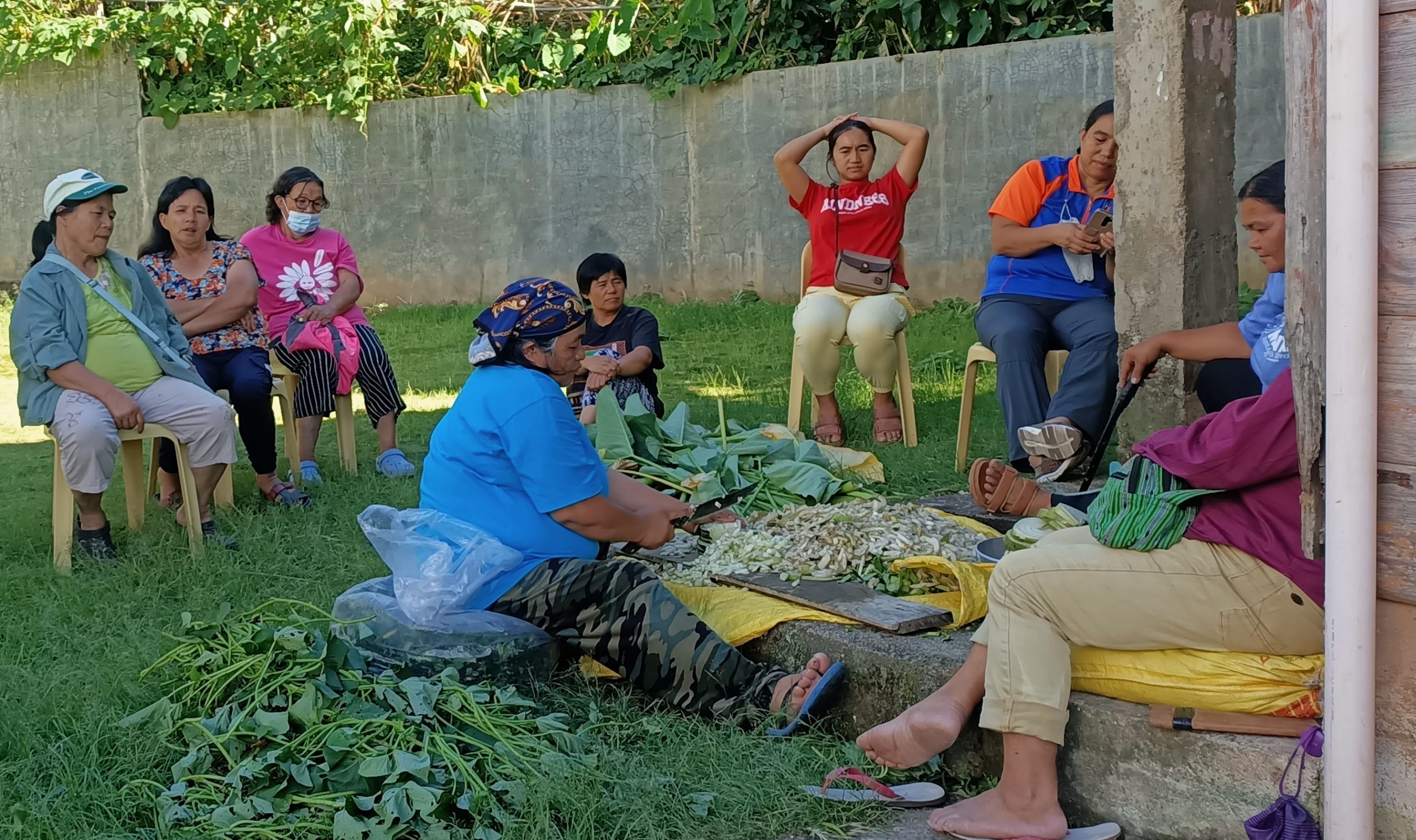
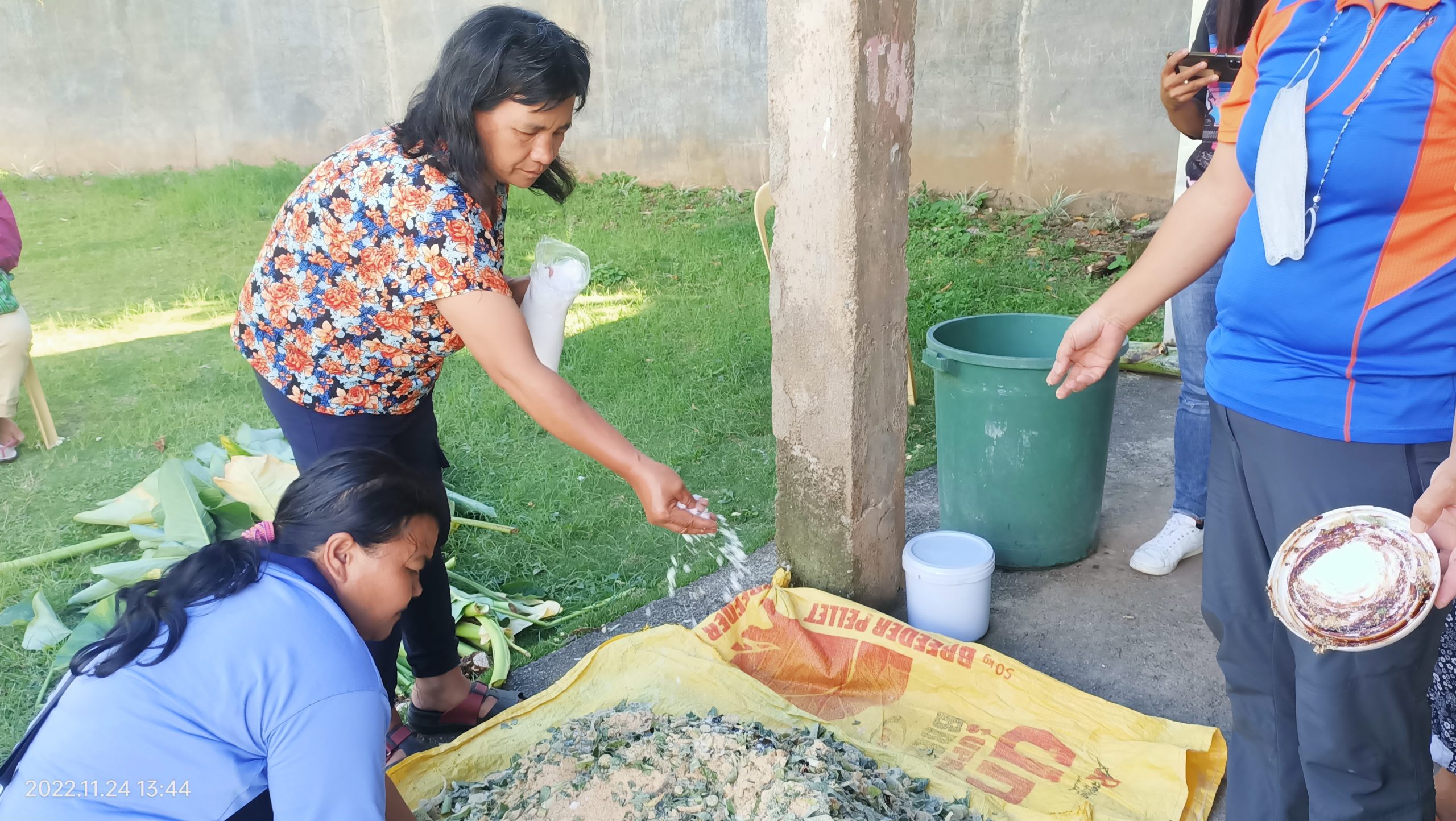
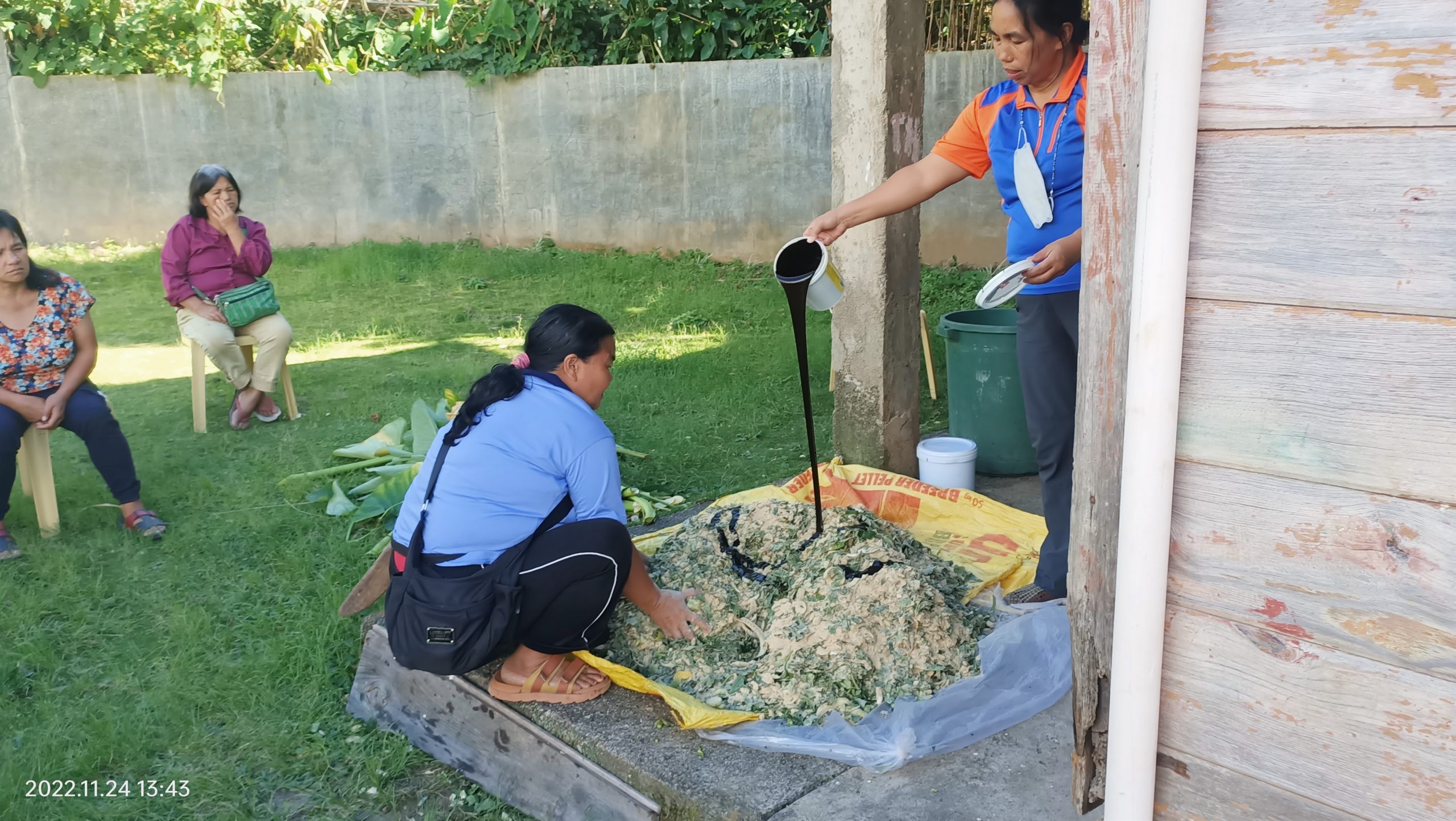
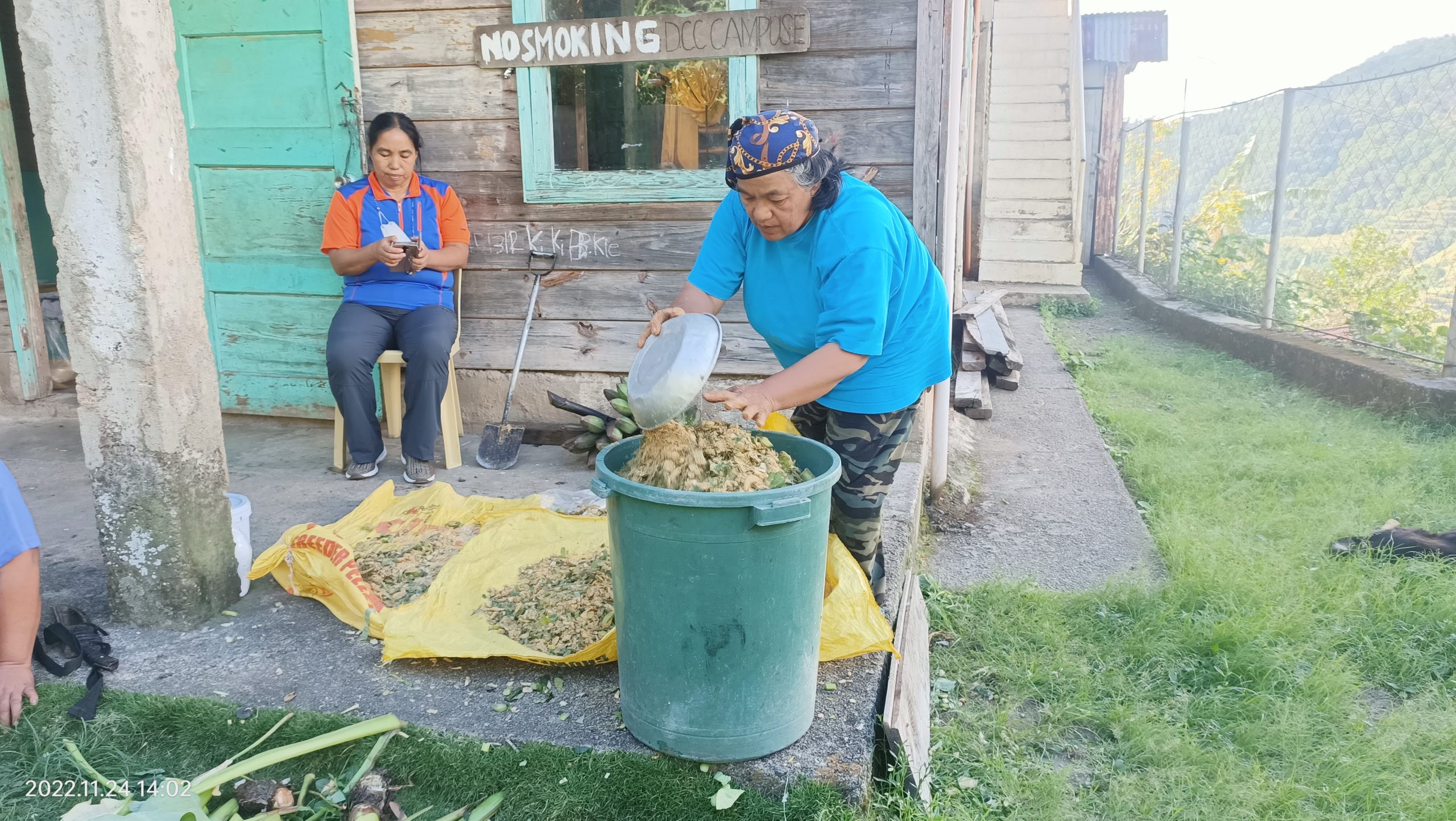
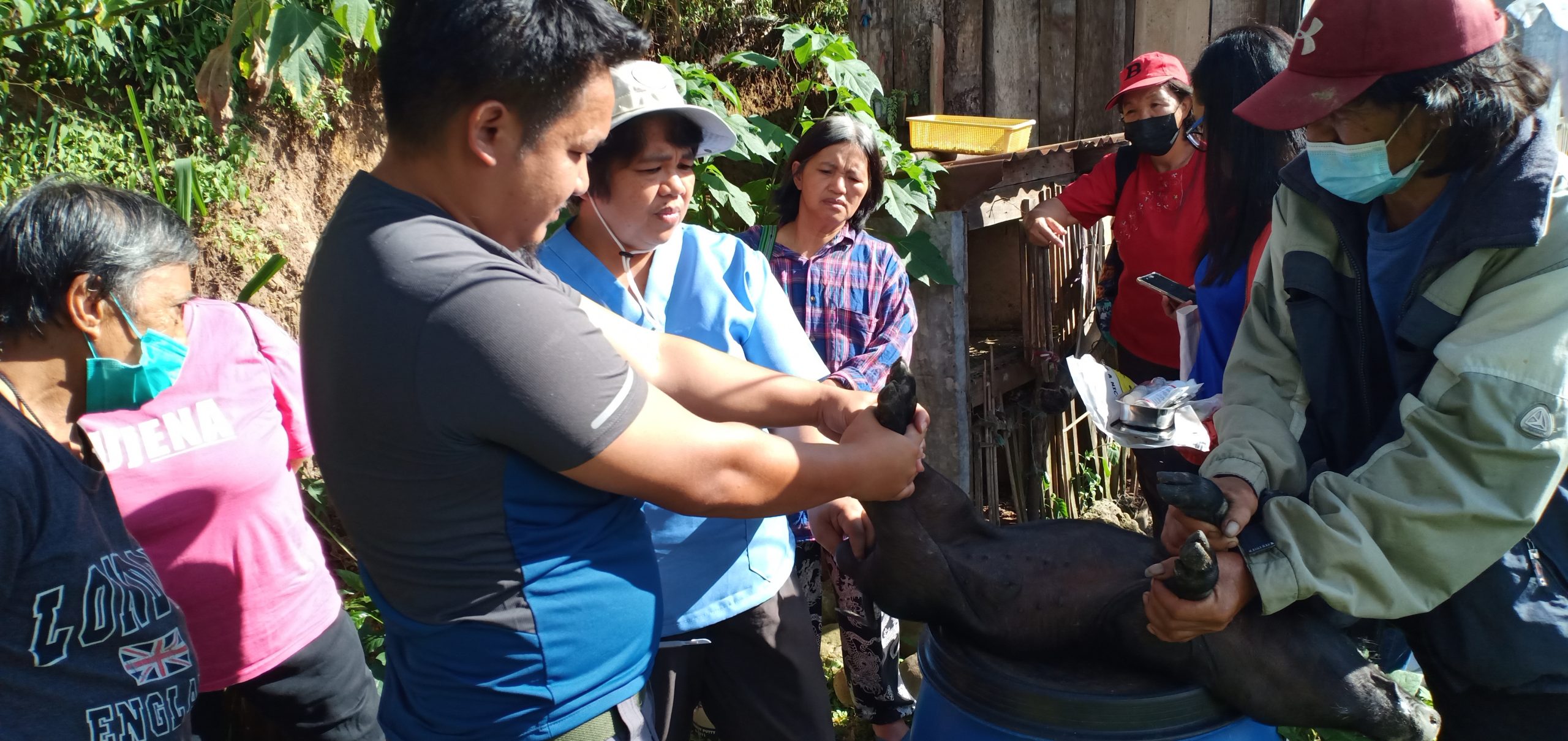
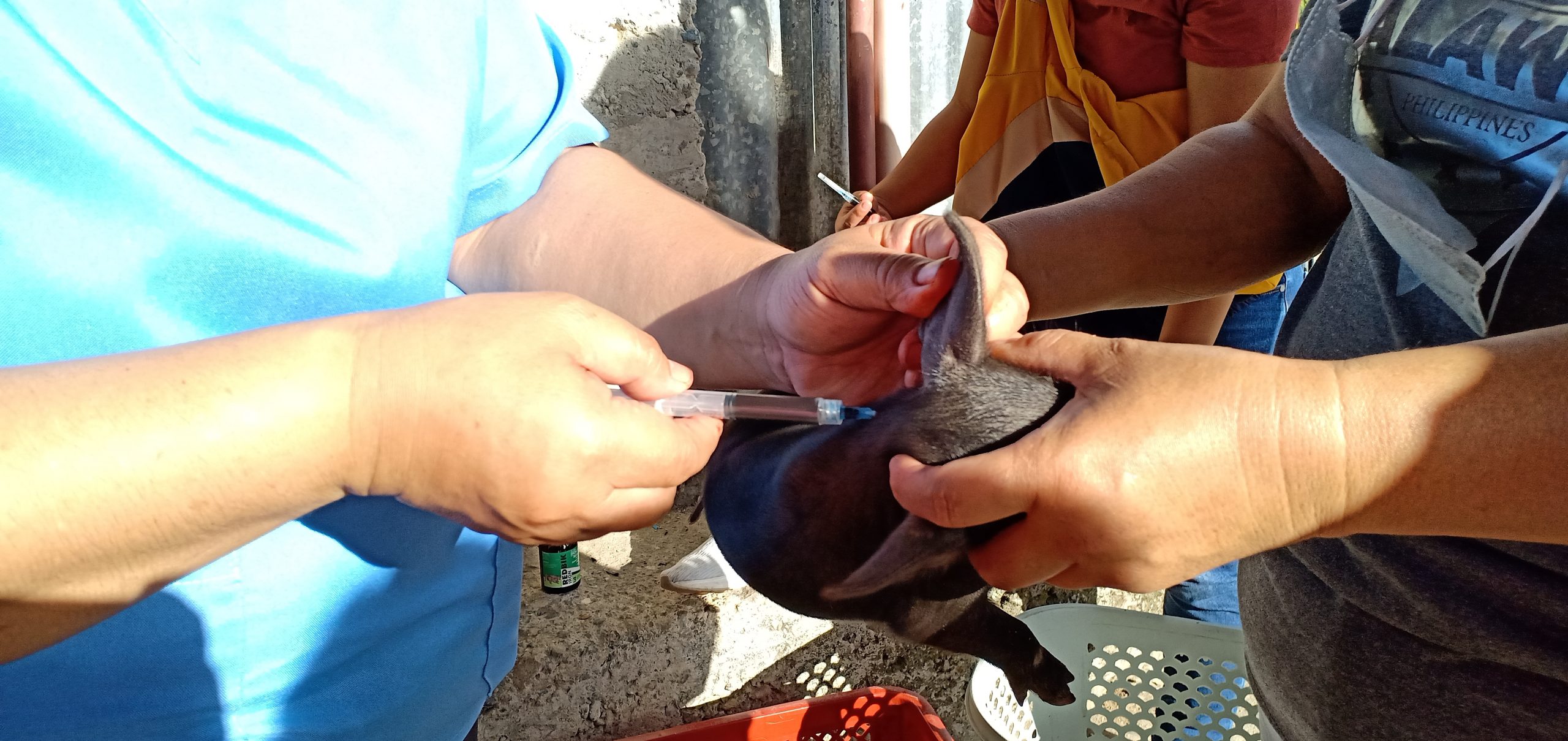
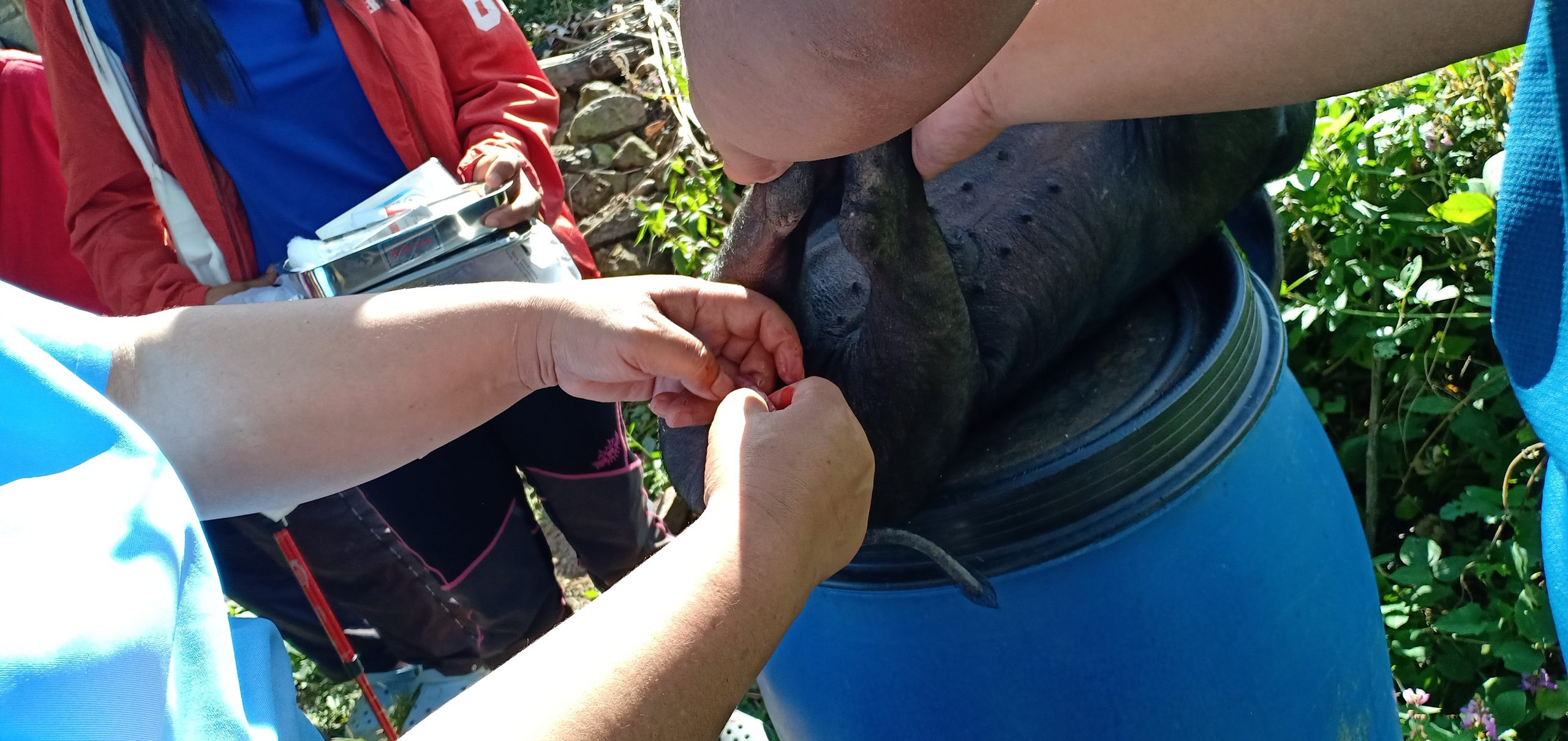
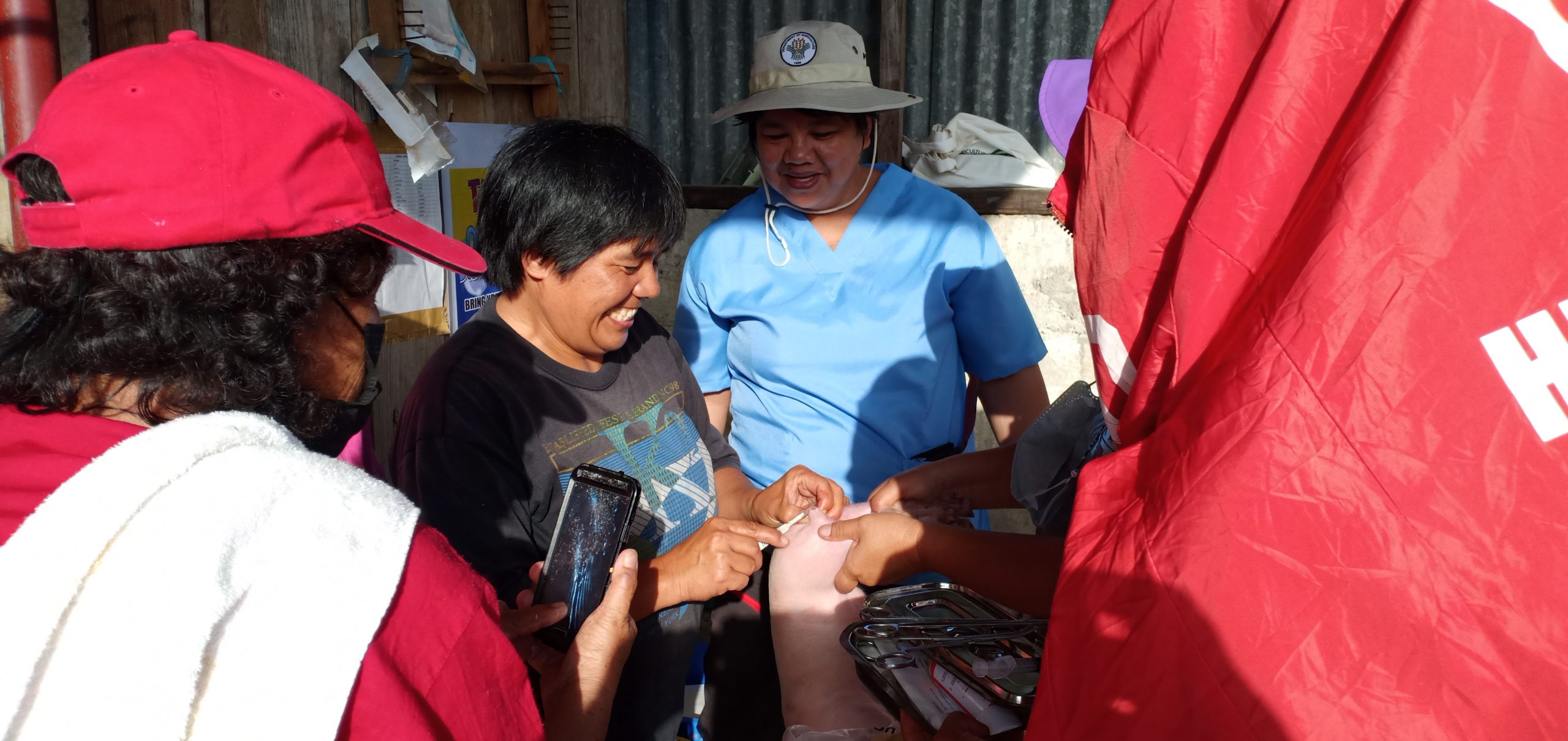
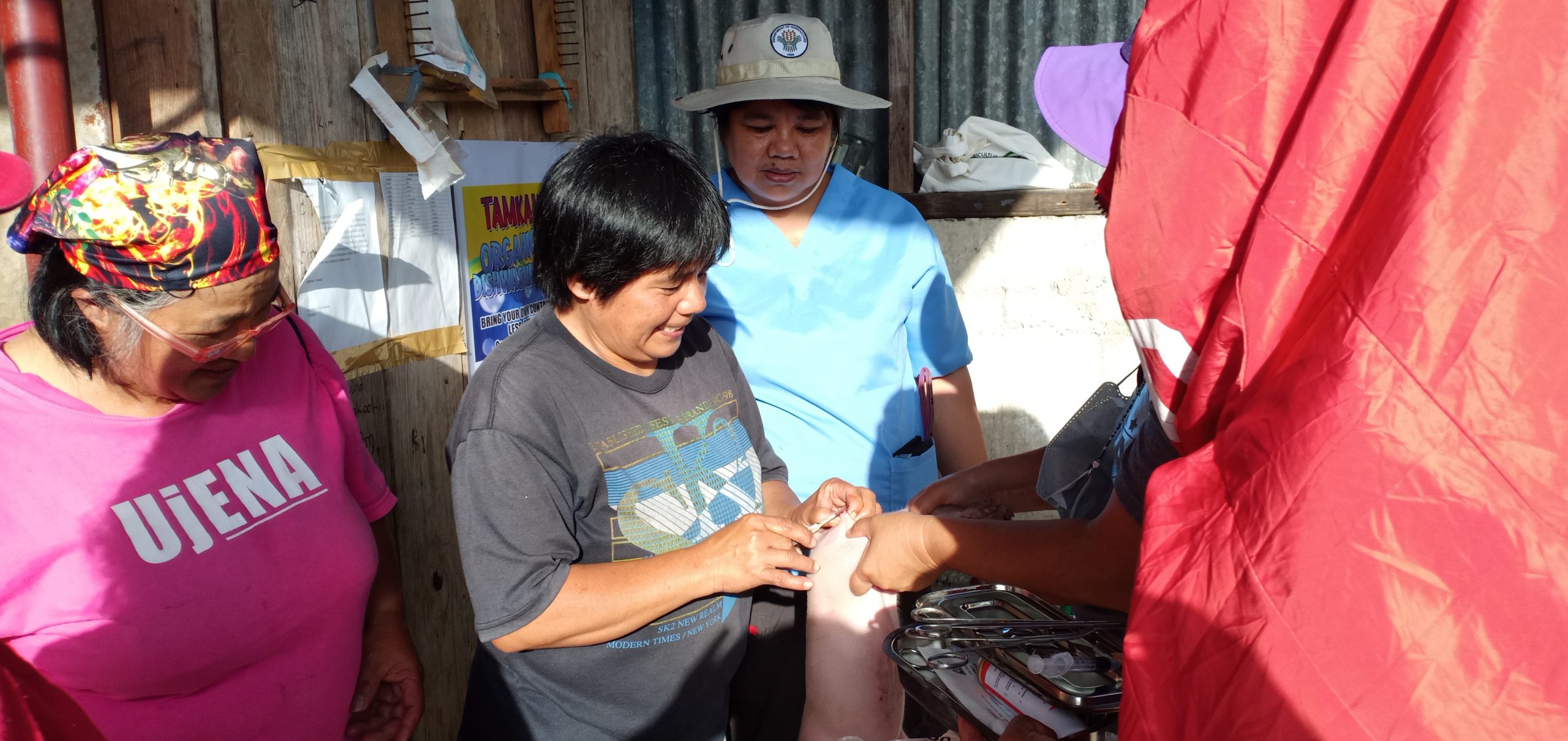
Comments (0)